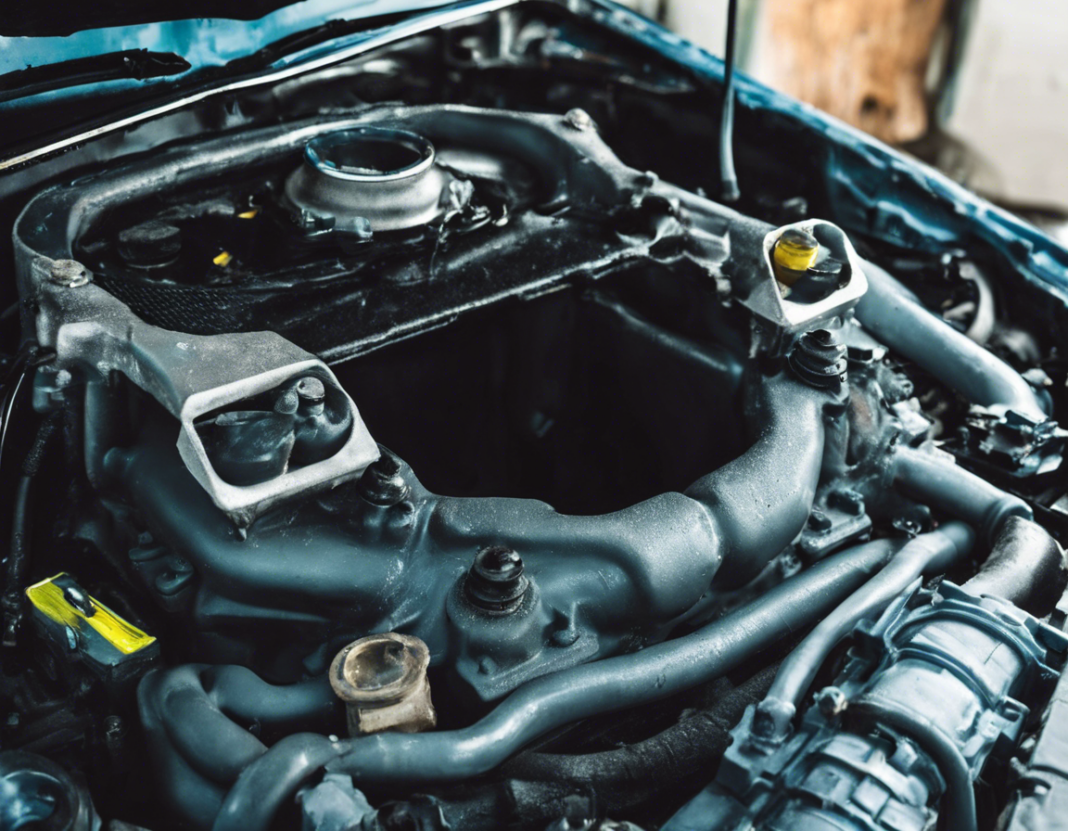Introduction
A coolant leak in a vehicle can be a harrowing experience for a car owner. Not only can it lead to engine overheating and potential damage, but it can also result in expensive repairs if not addressed promptly. Coolant leaks can stem from various issues within a vehicle’s cooling system, and being able to identify the root cause is crucial in preventing further damage. In this article, we will delve into the common causes of coolant leaks in vehicles, providing insights into each problem and potential solutions.
1. Worn Out or Damaged Hoses
One of the primary causes of coolant leaks in vehicles is worn out or damaged hoses. Over time, the hoses that transport coolant from the radiator to the engine can deteriorate due to heat and pressure, leading to cracks or leaks. Inspecting hoses regularly for signs of wear, such as bulges, cracks, or soft spots, can help prevent coolant leaks caused by hose damage. Replacing old hoses before they fail is recommended to maintain the integrity of the cooling system.
2. Faulty Radiator
The radiator plays a critical role in cooling the engine by dissipating heat from the coolant. A faulty radiator can develop leaks either due to corrosion, physical damage, or worn-out components. Common signs of a leaking radiator include visible puddles of coolant beneath the vehicle, overheating, or fluctuating temperature gauge readings. If a radiator leak is suspected, it is essential to have it inspected and repaired by a professional to prevent engine damage.
3. Cracked Engine Block
A more severe and less common cause of coolant leaks is a cracked engine block. This can occur due to extreme temperature changes, poor maintenance, or engine overheating. A cracked engine block can lead to coolant mixing with oil, exhaust gases, or leaking externally, resulting in white smoke from the exhaust or milky oil. Repairing a cracked engine block is a complex and costly process that may require the expertise of a mechanic.
4. Damaged Water Pump
The water pump is responsible for circulating coolant throughout the engine’s cooling system. A damaged water pump can cause coolant leaks due to a faulty seal, bearing, or gasket. Common signs of a leaking water pump include coolant puddles near the front of the engine, overheating, or a whining noise coming from the pump. Replacing a damaged water pump is necessary to prevent engine overheating and damage.
5. Leaking Heater Core
The heater core is a small radiator-like component that provides heat to the vehicle’s interior cabin. A leaking heater core can cause coolant to seep into the cabin, resulting in a sweet smell, foggy windows, or damp carpets. Repairing or replacing a leaking heater core is essential not only to prevent coolant loss but also to maintain interior comfort and safety.
6. Loose or Faulty Radiator Cap
Sometimes, a coolant leak can be as simple as a loose or faulty radiator cap. The radiator cap maintains system pressure and prevents coolant from escaping. If the cap is damaged or not sealing correctly, it can lead to coolant leaks. Replacing the radiator cap with a new one can often resolve the issue and prevent further leaks.
Conclusion
Identifying and addressing coolant leaks in vehicles promptly is essential to prevent engine damage and costly repairs. By understanding the common causes of coolant leaks, car owners can take proactive steps to maintain their vehicle’s cooling system and ensure optimal performance. Regular inspection, timely repairs, and professional maintenance are key to preserving the integrity of the cooling system and prolonging the lifespan of the vehicle.
Frequently Asked Questions (FAQs)
1. How do I know if my vehicle has a coolant leak?
Signs of a coolant leak include puddles of coolant beneath the vehicle, overheating, low coolant levels, sweet-smelling exhaust, or steam coming from the engine bay.
2. Can I drive my car with a coolant leak?
It is not recommended to drive a vehicle with a coolant leak as it can lead to engine overheating and potential damage. Have the issue inspected and repaired as soon as possible.
3. How much does it cost to repair a coolant leak in a car?
The cost of repairing a coolant leak can vary depending on the cause of the leak, the extent of the damage, and labor costs. Simple repairs like hose replacement may cost less compared to complex issues like a cracked engine block.
4. Can I use a coolant stop leak additive to fix a coolant leak?
While coolant stop leak additives may temporarily seal minor leaks, they are not a permanent solution. It is advisable to address the root cause of the leak for a more long-lasting repair.
5. How often should I check my vehicle’s coolant level?
It is recommended to check your vehicle’s coolant level regularly, at least once a month or before long trips. Maintaining the correct coolant level is crucial for the proper functioning of the cooling system.
